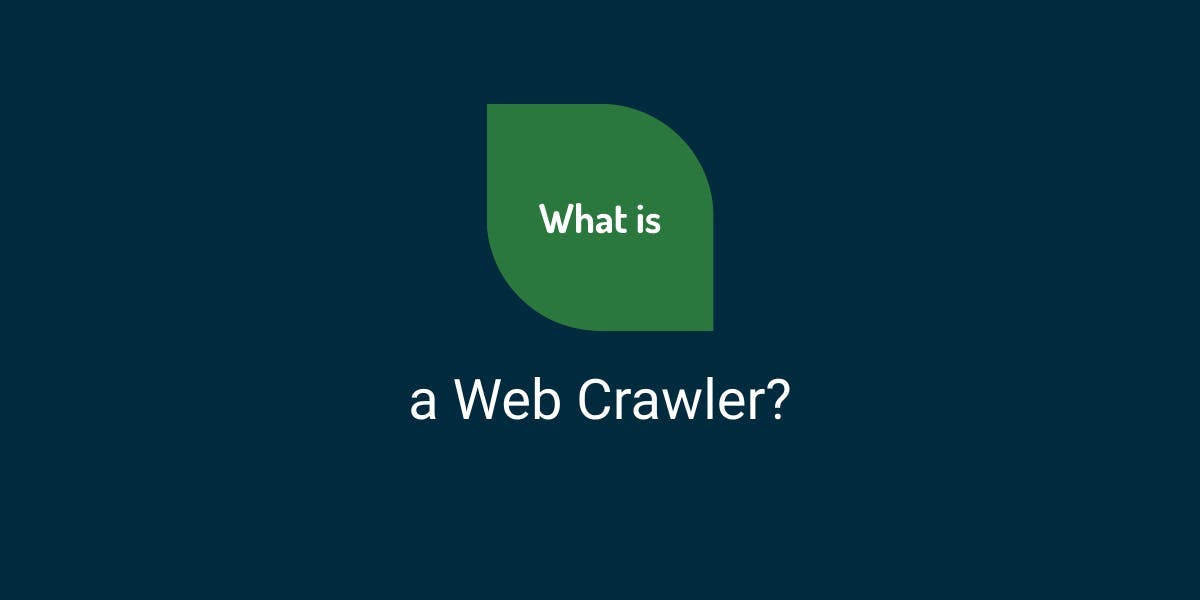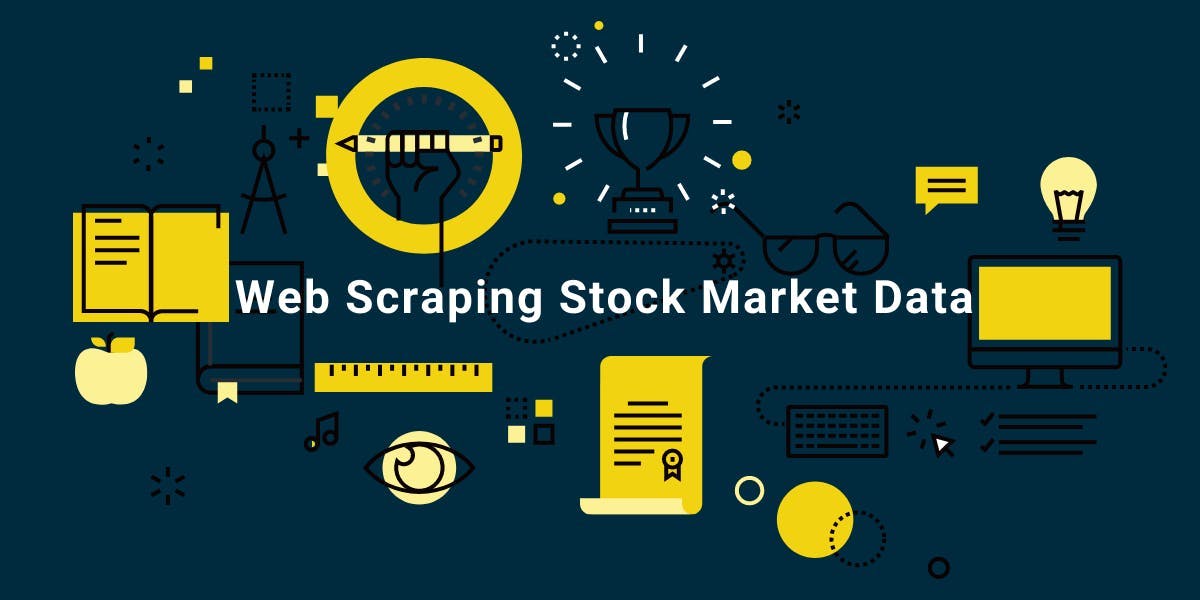What is a Web Crawler?
Flipnode on Apr 13 2023


For companies striving to remain competitive in the market, making data-driven decisions is crucial. Extracting information from search engines and websites can greatly benefit businesses in developing effective marketing, pricing, and other strategies.
However, data quality and speed are major concerns when it comes to web scraping. Extracting data from e-commerce websites and search engines on a large scale requires fast crawlers that can maintain the quality of the extracted data.
Ideally, businesses would benefit from a powerful web crawler that can crawl and scrape complex targets, parse data, and achieve a high success rate without requiring constant maintenance.
Web crawler definition
A web crawler, which may also be referred to as a crawling agent, spider bot, web crawling software, website spider, or search engine bot, is a software program designed to systematically navigate through websites and gather data. Essentially, the spider bot scans websites and search engines to locate and extract information.
How does a web crawler work?
To begin with, web crawlers initiate their search by scanning a set of known URLs and exploring their contents. Subsequently, they scour these web pages for hyperlinks to other URLs and continue crawling them. This cycle can be unceasing, which is why web crawlers are governed by certain rules. These rules dictate what pages should be crawled, when they should be crawled, and how often they should be revisited for updates.
Apart from exploring web content, web crawlers can also be utilized by businesses seeking to gather data for their specific needs. Typically, these crawlers work in tandem with web scrapers that extract and download required information.
What is web crawler example?
Web crawlers are primarily developed for search engine operations, with search engines utilizing them to index websites and provide relevant pages based on keywords and phrases. Each search engine has its own web crawlers.
Different providers offer web crawlers to companies that rely on data-driven decisions. E-commerce, for instance, employs specialized web crawlers to extract data such as product names, prices, descriptions, reviews, and other related information. Additionally, web crawlers are useful in identifying profitable keywords from search engines and tracking their performance.
Most common web crawling use cases for business
Web scraping tools are commonly used by large e-commerce websites to collect data from their competitors' websites. Real-time price data of competitors is often crawled and scraped by businesses to monitor their campaigns and promotions, and make informed decisions accordingly. Additionally, monitoring the assortment of products added by competitors enables e-commerce businesses to update their own product range.
These use cases allow companies to stay aware of their competitors' actions and make necessary adjustments to their strategies. By using this information, businesses can introduce new products or services to stay relevant in the highly competitive market.
Challenges of web crawling
We have previously discussed the benefits of web crawling for e-commerce businesses, but this process also presents several challenges.
Firstly, data crawling requires significant resources. To extract the desired information from e-commerce websites or search engines, companies must establish appropriate infrastructure, develop scraper code, and allocate human resources such as developers and system administrators.
Anti-bot measures pose another challenge. Many large e-commerce websites employ various security features and do not wish to be scraped. CAPTCHA challenges and IP address blocks are common deterrents. Many low-budget scraping and crawling tools on the market are inadequate for gathering data from larger websites.
To overcome these measures, some companies use proxies and IP rotation to mimic genuine customer behavior. However, these methods are ineffective for more sophisticated e-commerce websites that have extra security measures in place.
The quality of the extracted data is another challenge. When extracting information from hundreds or thousands of websites daily, it becomes impossible to manually verify data quality. Consequently, incomplete or cluttered information may end up in data feeds.
Conclusions
Having learned about web crawlers, you can understand their significance in data collection for both e-commerce businesses and search engines. By crawling through competitors' websites, spider bots gather valuable insights that enable companies to stay competitive in the market.Having learned about web crawlers, you can understand their significance in data collection for both e-commerce businesses and search engines. By crawling through competitors' websites, spider bots gather valuable insights that enable companies to stay competitive in the market.



